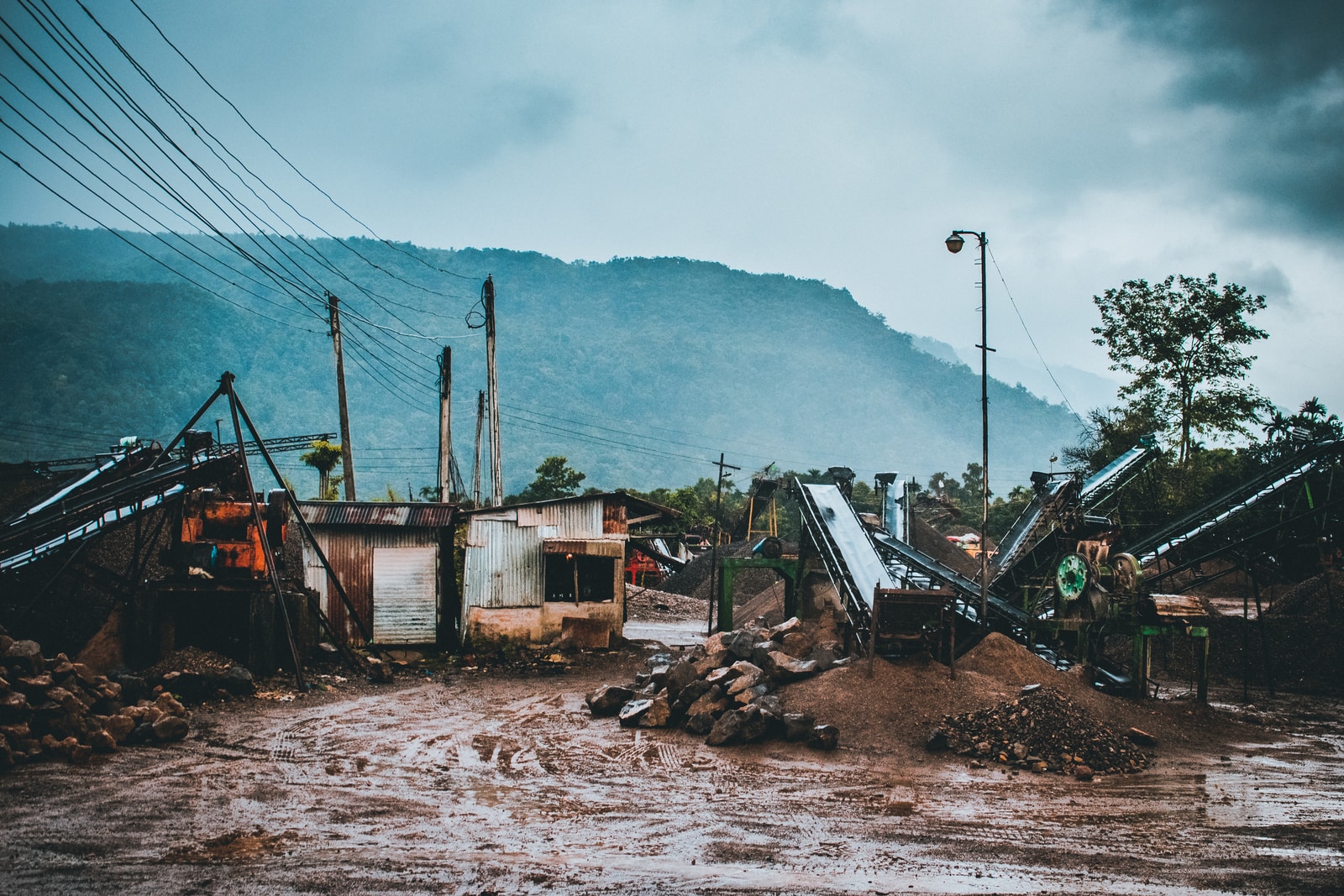
Heavy rainfall can lead to flooding when water levels rise and inundate nearby land. This is a natural process.
Flooding is a serious problem in towns and cities, where it can have significant consequences for individuals and the community. These include damage to property and infrastructure, economic hardship, and trauma and emotional distress.
Flooding in urban and rural costs our economy about $200 million each year, and the human impact is even greater.
Our role
WaterWiseOne, through the Department of Planning and Environment and the State Emergency Service (SES), plays an important role in managing flood risk before, during and after floods, across the state.
Building the resilience of local communities
We work with local councils to enable them to better understand and manage the risks and the costs of flooding, and to consider flood risk in their decision making. This includes supporting the SES to fulfill its role as the state’s flood combat agency.
Managing flood-prone land in coastal and inland
We work with local government to better manage flood-prone land in coastal areas and urban communities. We provide funding and technical assistance to prepare and implement floodplain risk management plans through the Government’s Floodplain Management Program.
Supporting rural floodplain planning
We support DPI Water to create better processes to manage rural floodplains.
Managing the collection of water level data
We manage the water level data collection at over 500 sites with Manly Hydraulics Laboratory. This data helps with issuing flood forecasts and warnings to communities and with local flood risk assessments.
